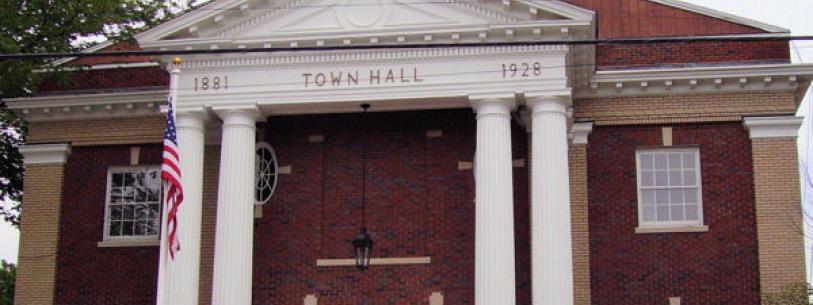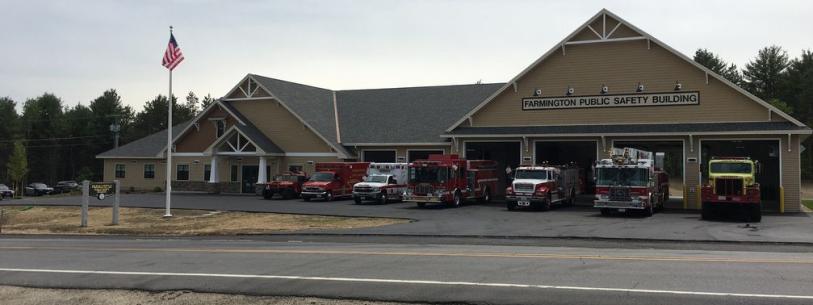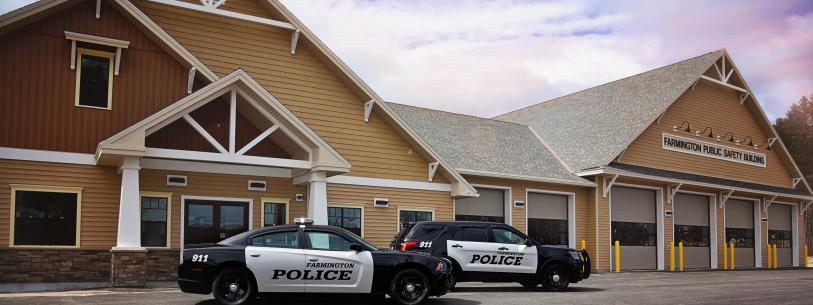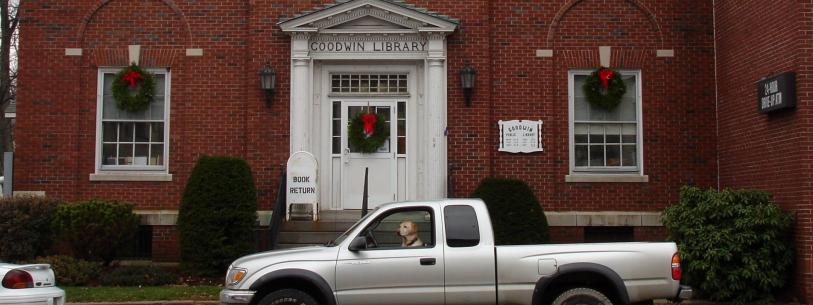Transfer Station
Recycling at the Transfer Station ending January 17, 2021
A reminder to Farmington residents that the recycling program will be ending January 17, 2021. All recyclables other than corrugated cardboard and metal will be treated as MSW/household trash. The corrugated cardboard dumpster and the metal recycling dumpster will remain on the premises for disposal of your items.
Clear bags must still be used to dispose of your household waste and all metal containers must be rinsed properly before being disposed of in the metal recycling dumpster.
We appreciate your understanding and cooperation while we make this change. Please call 603-755-4981 during regular Transfer Station hours if you have any questions or concerns
Pete Spencer
Supervisor
Our community transfer station, runs as what you would call a pay-as-you-throw program (also known as unit pricing or variable-rate pricing), which means residents are charged for the collection of municipal solid waste-ordinary household trash-based on the amount they throw away. This creates a direct economic incentive to recycle more and to generate less waste.
Traditionally, residents pay for waste collection through property taxes or a fixed fee, regardless of how much—or how little—trash they generate. Pay-As-You-throw (PAYT) breaks with tradition by treating trash services just like electricity, gas, and other utilities. Households pay a variable rate depending on the amount of service they use. Unlike other surrounding towns, the garbage disposal is not part of the taxes in the town.
With our using of the PAYT program, the residents are charged a fee for each bag or lb of waste they generate, depending on what is being disposed of. Either way, these programs are simple and fair. The less individuals throw away, the less they pay. Recycling is FREE.
EPA supports this new approach to solid waste management because it encompasses three interrelated components that are key to successful community programs:
Economic Sustainability - PAYT is an effective tool for communities struggling to cope with soaring municipal solid waste management expenses. Well-designed programs generate the revenues communities need to cover their solid waste costs, including the costs of such complementary programs as recycling and composting. Residents benefit, too, because they have the opportunity to take control of their trash bills.
Equity - One of the most important advantages of a variable-rate program may be its inherent fairness. When the cost of managing trash is hidden in taxes or charged at a flat rate, residents who recycle and prevent waste subsidize their neighbors' wastefulness. Under PAYT, residents pay only for what they throw away.












